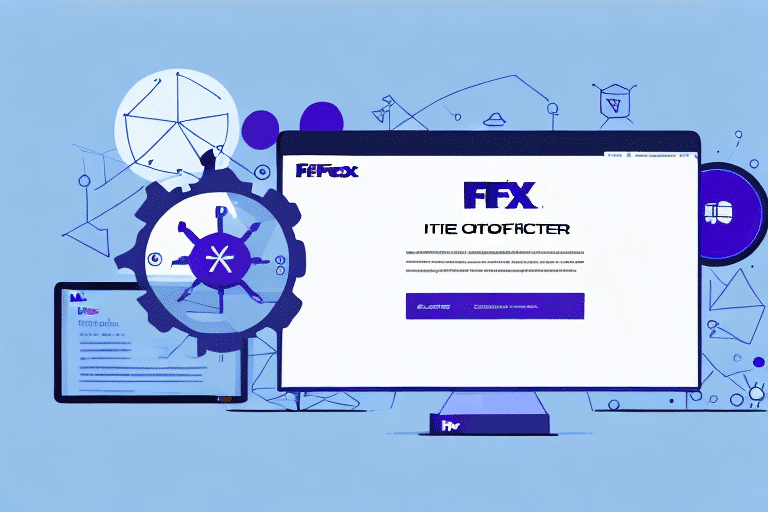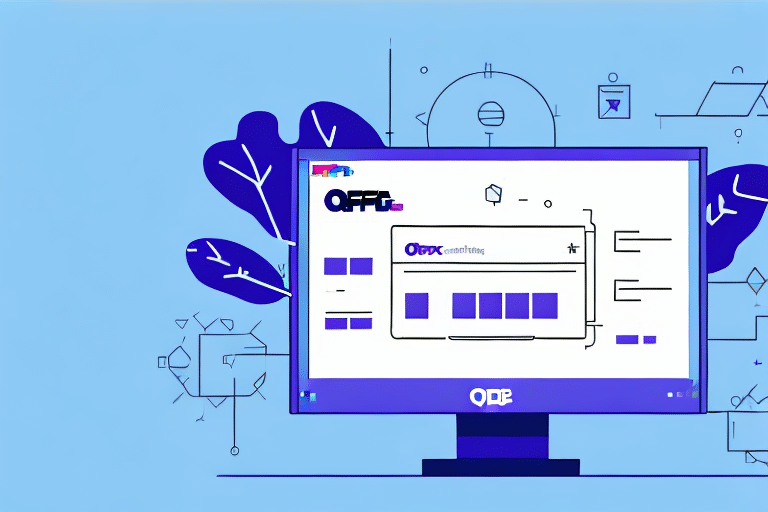Integrating FedEx Ship Manager with Log ODBC for Seamless Shipping
In today's fast-paced business environment, efficient and cost-effective shipping is crucial to the success of any enterprise. Leveraging robust tools like FedEx Ship Manager integrated with Log ODBC provides businesses with a powerful solution to automate and streamline their shipping processes, enhancing both productivity and customer satisfaction.
Key Benefits of Integrating FedEx Ship Manager with Log ODBC
The integration of FedEx Ship Manager with Log ODBC offers numerous advantages that can significantly improve a business's shipping operations:
- Automated Shipping Processes: Streamlines the creation, management, and tracking of shipping labels and invoices.
- Improved Data Accuracy: Reduces manual errors by automating data extraction and entry from log files.
- Real-Time Shipment Tracking: Provides up-to-date information on shipment statuses, enabling proactive issue resolution.
- Cost Optimization: Analyzes shipping data to identify cost-saving opportunities and optimize shipping routes.
- Enhanced Customer Satisfaction: Ensures timely deliveries and provides accurate tracking information to customers.
Automating and Streamlining Operations
By automating the shipping workflow, businesses can allocate resources more efficiently, reducing the time spent on manual data entry and allowing teams to focus on strategic tasks.
Ensuring Compatibility Between FedEx Ship Manager and Log ODBC
Before proceeding with the integration, it's essential to confirm that both FedEx Ship Manager and Log ODBC are compatible with your existing systems:
- System Requirements: Review the minimum system requirements for both tools to ensure they can operate seamlessly together.
- Version Compatibility: Verify that the versions of FedEx Ship Manager and Log ODBC you are using are compatible. Consult the latest FedEx Developer Resources and Log ODBC documentation for detailed compatibility information.
- Technical Support: Utilize support services from FedEx or Log ODBC to address any compatibility concerns during the integration process.
Step-by-Step Guide to Integration
Integrating FedEx Ship Manager with Log ODBC involves several critical steps:
- Install the FedEx Ship Manager API: Begin by installing the latest version of the FedEx Ship Manager API from the official FedEx website.
- Configure the API: Set up the API by entering your FedEx account credentials and configuring necessary settings.
- Install Log ODBC: Download and install the Log ODBC driver from the official Log ODBC website.
- Set Up a Data Source Name (DSN): Create a DSN in Log ODBC to establish a connection between your log files and the FedEx Ship Manager.
- Configure DSN in FedEx Ship Manager: Input the DSN details into FedEx Ship Manager to enable data exchange.
- Test the Integration: Conduct thorough testing to ensure that data is being accurately transferred and that the integration functions as expected.
For detailed instructions, refer to the official FedEx API Documentation and Log ODBC Documentation.
Overcoming Common Integration Challenges
While the integration offers significant benefits, businesses may encounter several challenges:
- Compatibility Issues: Ensure that both tools meet the necessary system and version requirements.
- Configuration Errors: Carefully follow configuration guidelines to prevent data mismatches or transfer issues.
- Technical Difficulties: Engage with technical support teams or third-party experts to resolve complex issues.
Implementing a robust testing phase and maintaining clear documentation can help mitigate these challenges effectively.
Best Practices for a Successful Integration
To maximize the benefits of integrating FedEx Ship Manager with Log ODBC, follow these best practices:
- Verify System Compatibility: Ensure that all systems meet the required specifications before integration.
- Establish Clear Communication Channels: Facilitate effective communication between the shipping, technical, and customer service teams.
- Maintain Accurate Data: Regularly update and verify shipping data to ensure consistency and reliability.
- Implement a Robust Testing Plan: Conduct comprehensive testing to identify and resolve issues before full deployment.
- Monitor and Review: Continuously monitor shipping operations and review data analytics to identify areas for improvement.
Adhering to these practices will ensure a smooth and efficient integration, leading to enhanced shipping operations.
Financial and Operational Impact
Integrating FedEx Ship Manager with Log ODBC can lead to substantial time and cost savings:
- Time Savings: Automation reduces the time spent on manual data entry and error correction.
- Cost Reduction: Optimizing shipping routes and reducing errors can significantly lower shipping expenses.
- Increased Efficiency: Streamlined processes enable faster order fulfillment and improved resource allocation.
- Enhanced Customer Satisfaction: Reliable and timely deliveries improve customer trust and loyalty.
According to industry reports from the U.S. Department of Transportation, businesses that implement integrated shipping solutions can reduce shipping costs by up to 20% while increasing delivery accuracy by 30%.
Conclusion
Integrating FedEx Ship Manager with Log ODBC offers a robust solution for businesses aiming to enhance their shipping operations. By automating processes, improving data accuracy, and providing real-time tracking, this integration not only streamlines operations but also contributes to significant cost savings and improved customer satisfaction. To achieve a successful integration, businesses should ensure compatibility, follow best practices, and engage with technical experts as needed.






















